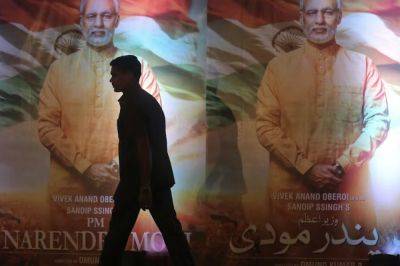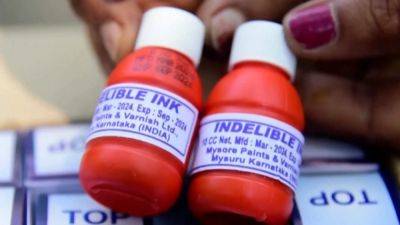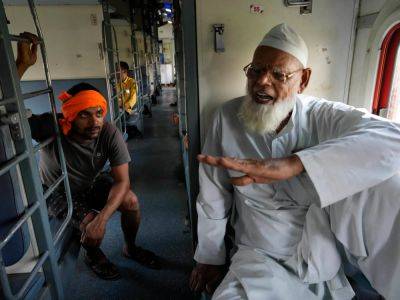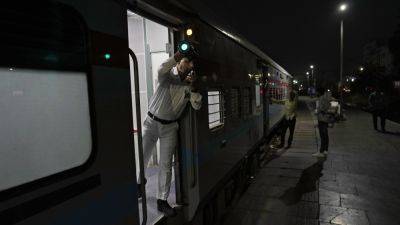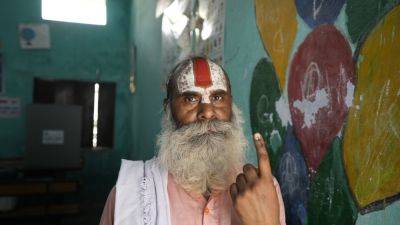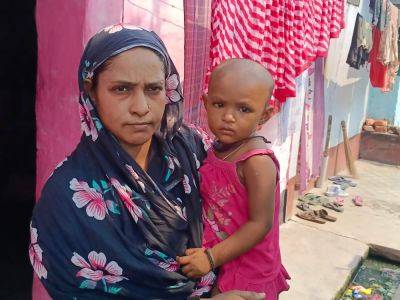Why voters in southern India are more resistant to Modi’s Hindu-centric politics
CHENNAI, India (AP) — Prime Minister Narendra Modi has wielded near-total control over Indian politics since coming to power 10 years ago, with one exception: He has failed to win over the country’s wealthier southern region.
Five states across southern India account for roughly 20% of the country’s population and 30% of its economy. They are the heartbeat of India’s manufacturing and high-tech sectors. They are ethnically diverse and proudly multilingual. They empower women with educational and employment opportunities and have a long history of progressive politics.
Over 50 countries go to the polls in 2024
- The year will test even the most robust democracies. Read more on what’s to come here.
- Take a look at the 25 places where a change in leadership could resonate around the world.
- Keep track of the latest AP elections coverage from around the world here.
Not one of them is controlled by Modi’s Bharatiya Janata Party — a stark rejection of its Hindu-nationalist agenda that enjoys wide support in northern India.
The BJP is expected to win India’s election when results are announced in June, delivering Modi another five years as prime minister. But the odds are also high of strong resistance in the south. That would deny Modi his ambition of uniting all of India behind him and limit how far he can push the BJP agenda of promoting one religion and language over others.
“If you conceive of a Hindi-speaking, unified civilization as the reason you exist, then that becomes a significant barrier for you to cross,” data scientist and political analyst Neelakantan R.S. said.
Voters and leaders of India’s southern states have different needs than their counterparts in the north, which is more rural and populous. One thing they want


